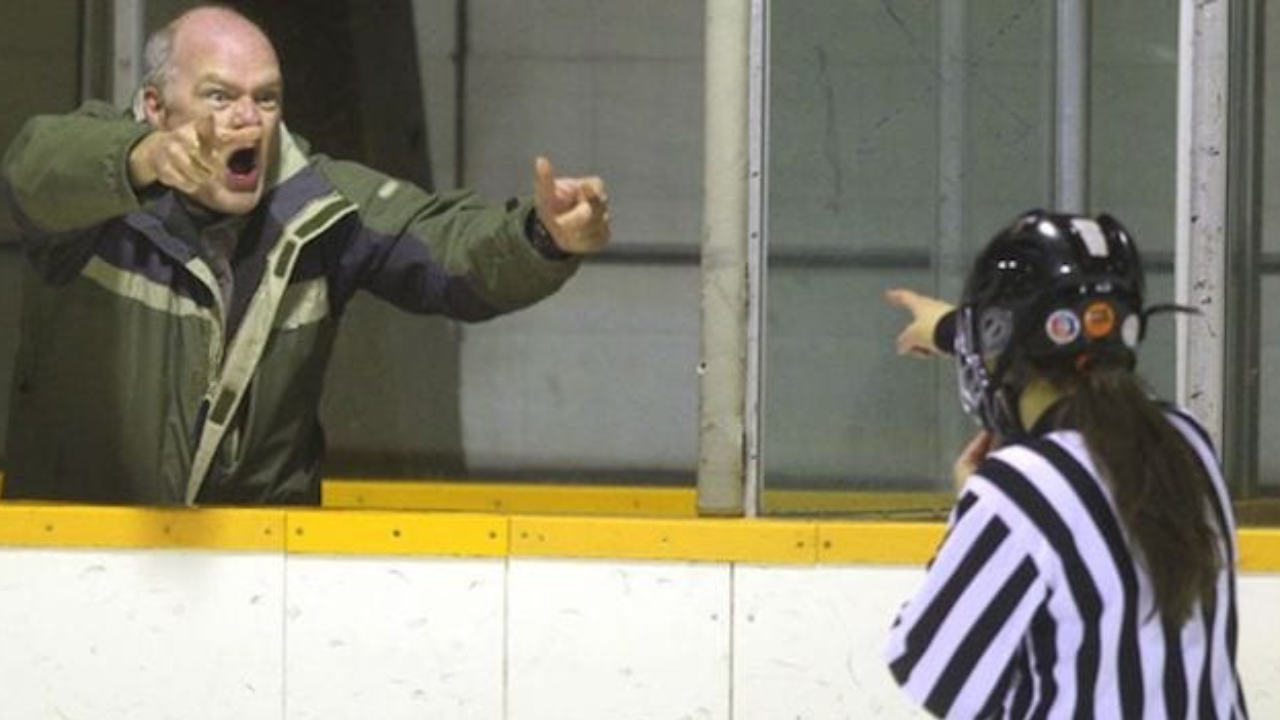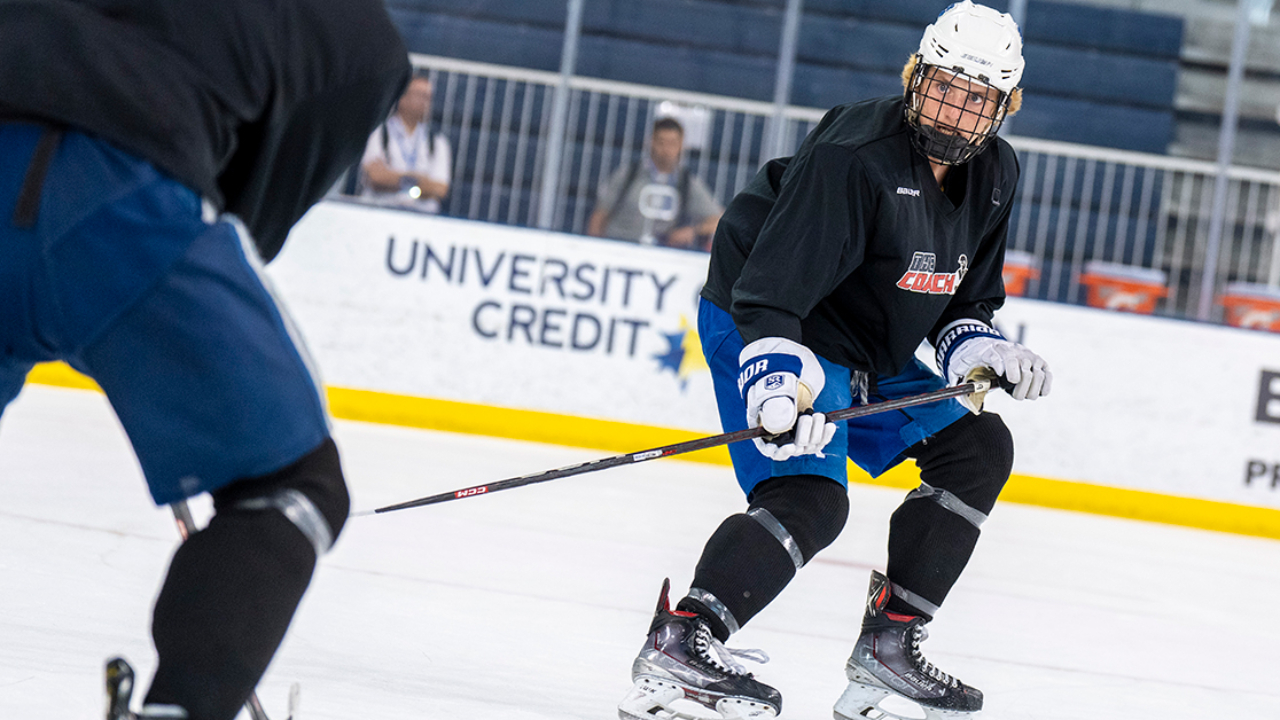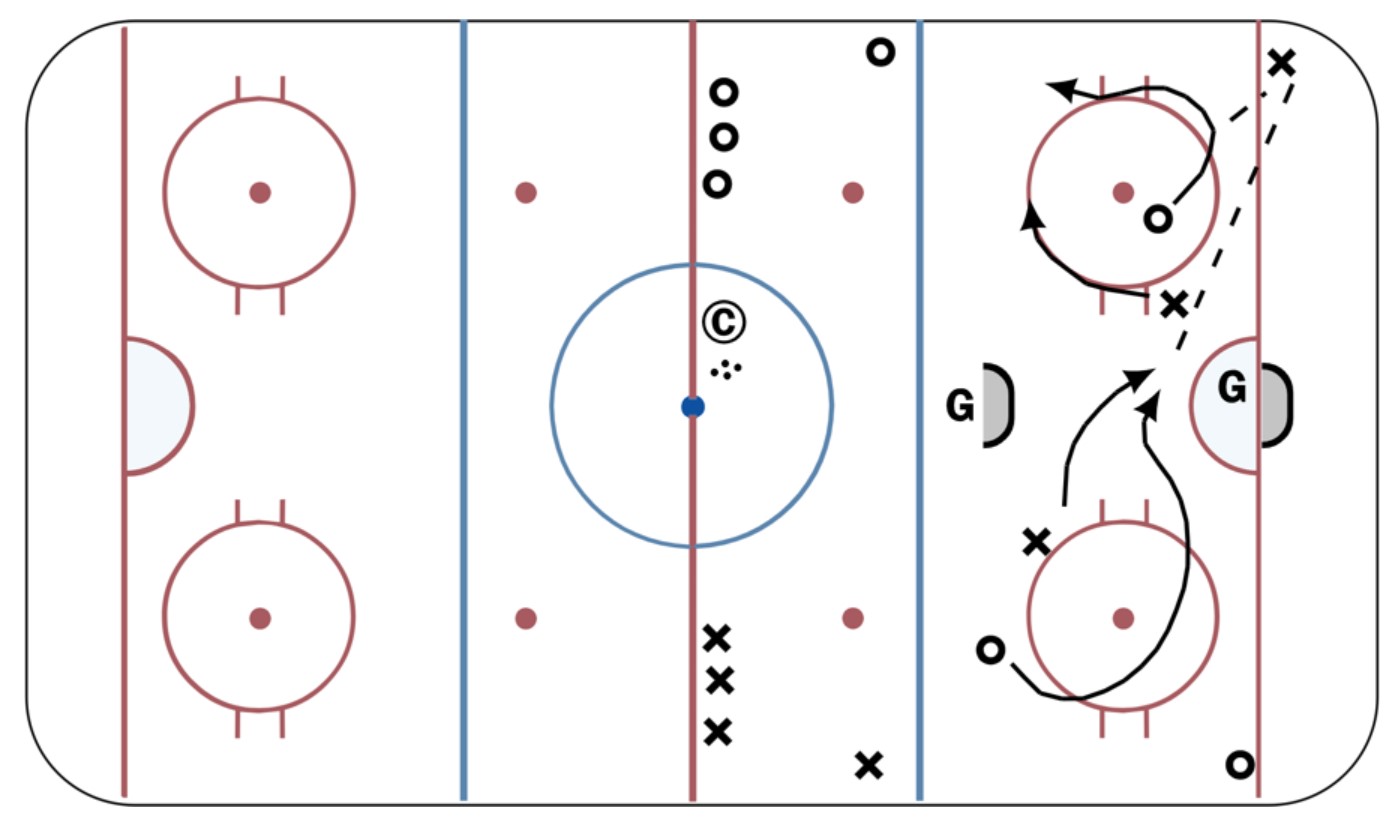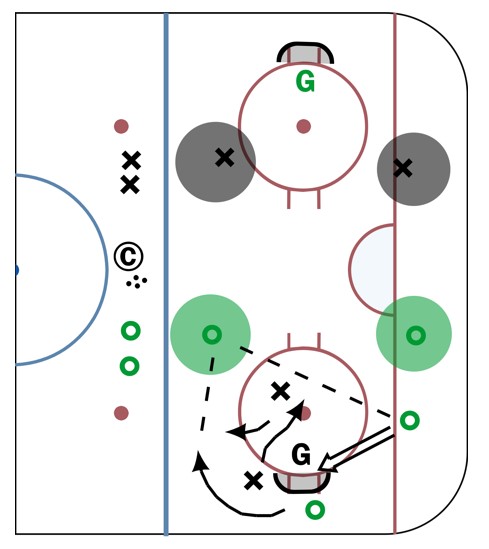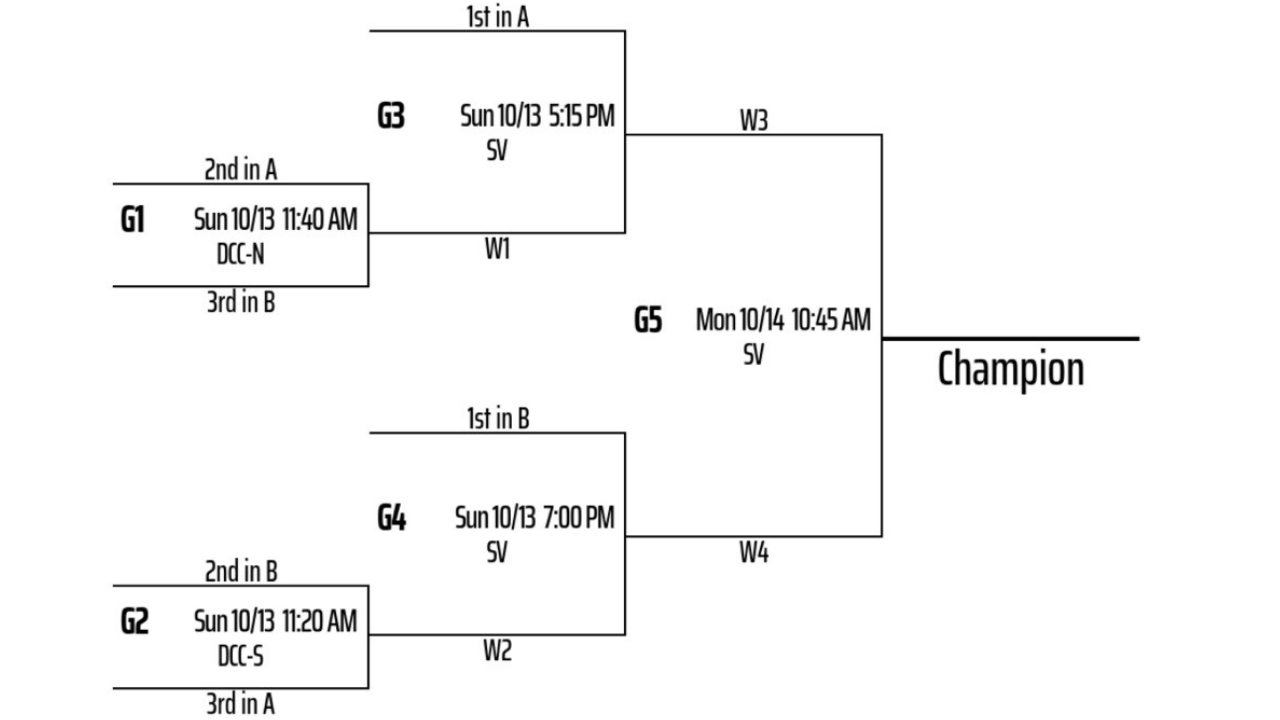
Hockey tournaments can be intense while players, coaches, and parents are on edge. As the round-robin results are watched closely by everyone in attendance, it can be easy to become distracted by comparing scores of other games and wondering where your team will stand at the end of the day. It's one thing to keep your young player's eye on the ball, but helping parents understand that we want to focus on the process and not the outcome is significant.
The Obsession with Scores in Hockey Tournaments
Hockey tournaments are often filled with high emotions and intense competition. Every team wants to come out on top and take home the trophy. As a result, there’s a strong obsession with scores in hockey tournaments.
It’s not uncommon to see coaches and players glued to their phones or constantly checking the scoreboard during a tournament. There’s a constant need to know where each team stands in the round-robin results and who they’ll be playing next.
While it’s natural to be curious about the standings, it can become a problem when it turns into an obsession. Constantly comparing scores of other games can lead to distractions and ultimately negatively impact a team’s performance.
In some cases, it can also lead to unnecessary stress and anxiety for players and coaches. Instead of focusing on their game plan and individual responsibilities, they may become consumed with the outcome of other games.
The Negative Effects of Comparing Scores
Everyone wants to know where they stand in the overall standings and what they need to do in their upcoming games to advance to the playoffs. However, this constant comparison of scores can have negative effects on both individual players and the team as a whole.
One of the biggest negative effects of comparing scores is that it can lead to overconfidence or complacency. For example, if a team sees that they have an easy matchup against a weaker opponent, they may become too relaxed and not put in their best effort. On the flip side, if a team sees that they are matched up against a strong opponent, they may become discouraged and lose motivation before the game even starts.
The Importance of Controlling What You Can Control
The truth is, there’s little you can do to change the outcome of other games. Your focus should be on your own performance and the task at hand. By focusing on what you can control, you can maximize your chances of success.
So, what can you control? You can control your own preparation, your effort on the ice, and your attitude towards the game. You can control how well you execute the game plan and how you respond to adversity. By putting your energy into these controllable factors, you can give your team the best chance of success.
It’s important to remember that every game is unique. Instead of fixating on the results of other games, it’s better to focus on the task at hand and what you can control in your own game.







